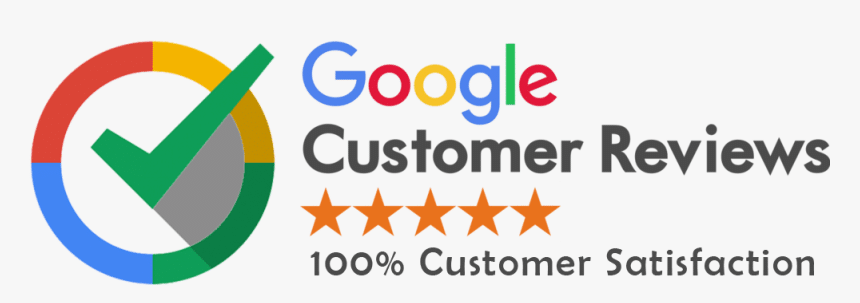Call Now : +971 50 5698733, +971 55 5515475
- Home
- : SEO services in Dubai
SEO Services in Dubai

SEO services in Dubai, where every business wants to stand out in the tall buildings and lively city, being online is super important. Nowadays, people use Google to find stuff they need. So, your business must show up near the top when someone searches for what you offer. Moreover, that’s where SEO comes in – it helps your website rank higher in search results. At RedSpider, we’re here to help with that. Also, we know SEO isn’t just about getting more people to visit your site. It’s about getting the right people – the ones who are interested and likely to buy from you. Firstly, with our team of experts and years of experience. We have got what it takes to boost your online presence in Dubai.
Understanding Dubai’s Market
Dubai is like a mixing pot with lots of different people, languages, and businesses. Also, it’s a lively and diverse place. So, whether you’re a small local shop or a big company from another country, being visible online is really important here. People search for stuff online all the time, so there’s a big chance to connect with the right customers.
But, because there are so many businesses here, it’s tough to get noticed. That’s where good SEO services in Dubai come in handy. SEO helps your website show up better in online searches. This can give you an edge over the competition. That’s where RedSpider can help.
Our SEO Approach
At RedSpider, we completely look at SEO services in Dubai. We work on stuff both on and off your website to get lasting results. First, we check out your website to see what’s good and what could be better. Next, we look at things like how your site is set up. Our team also analyzes the quality of your content and who’s linking to your site. It is also important to ensure that it works well on mobile phones. Then, we come up with a plan just for you. Lastly, our team will improve your website’s visibility and meet your business goals.

On-Page SEO
Making sure your website is well set up is super important for good SEO. Moreover, we work on things like the title and description of each page, how fast your site loads, and how easy it is for people to use. By doing this, we help your website show up higher when people search online. In addition, our team also creates interesting content. The content has the right words to catch the attention of both search engines and your customers. This helps get more people interested and ready to buy from you.
Off-Page SEO
Getting other websites to link back to yours is another big part of SEO. Also, it shows search engines that your site is trustworthy and important. Moreover, we focus on getting links from other reliable websites in your industry. We also use social media and online groups to spread the word about your brand and bring more people to your site.

Local SEO
If your business focuses on people in Dubai, local SEO is really important. It helps you show up when someone nearby searches for what you offer. Also, we make sure your business info is accurate on Google and other online directories. Plus, we use keywords that target people in specific areas of Dubai. So, whether you run a restaurant, a store, or offer services, our local SEO can help you reach customers close by.
Results You Can See
We’re all about being open and accountable. That’s why we give you detailed reports every month. These reports show how well your SEO services in Dubai are doing. Check out how people are visiting your site from search engines. You will also get to know how you rank for different keywords. Moreover, we use fancy tools to look at all this data and tweak our strategies. This will help you get the best results possible for your business.
Why Choose RedSpider for Your SEO Needs?
We Know Dubai: We’re not just any digital agency – we’re experts in Dubai’s market. Moreover, with lots of experience serving different businesses. We know what works in local searches and what customers look for.
Custom Fit Solutions: We don’t believe in one-size-fits-all solutions. Also, every business is different, so we take a big-picture approach to SEO. However, we cover everything from fixing technical stuff on your website to creating content. Our team will also help get other sites to link to you. Analyzing data to see what’s working is also essential, and we will do that for you.
Long-Term Success: We don’t cut corners for quick wins. Instead, we use good, honest techniques to build a strong foundation for your online presence. Moreover, we do research to find the best keywords for you, look at what your competitors are doing. We will also come up with a plan that fits your goals for the long haul.
Open and Honest Team: We keep you in the loop from start to finish. Also, we believe in using data to make decisions, so we track how things are going and adjust our strategies as needed. Moreover, you’ll always know what’s happening with your SEO, and you can see the results for yourself.
Always There for You: We believe in working closely with our clients. We’re always available to answer your questions, have brainstorming sessions, or give you advice. Also, your goals are our goals, and we’ll do everything we can to help you reach them.
We Keep Up with the SEO Trends: SEO is always changing, so we make sure to stay ahead of the game. Moreover, we’re always learning about new trends, updates, and tools to make sure your SEO strategy is up-to-date and effective.
Start with RedSpider Now
In today’s tough business world, SEO services in Dubai aren’t just a bonus – it’s a must. Also, with RedSpider on your side, you can make the most of your online presence and beat the competition. So get in touch today to talk about how we can help you climb to the top of search results in Dubai. Let’s make your business shine together!


